On Wednesday, I attended the funeral for a cousin of mine. He was still relatively young, had children at home and his passing was unexpected, so it was a hard day. As I walked into the church, I was greeted by other cousins, some whom I had not seen for some time and it was a bittersweet experience. While we were glad to see each other and grateful to be able to be together and provide support to each other, it was nonetheless a very solemn occasion as we said goodbye to a cousin, brother, uncle, husband and father.
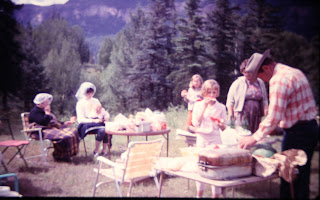 |
| Hostetter Gathering in Colorado mountains |
As I listened to the speakers share experiences from this remarkable cousin’s life, I felt cheated that we had lived so many miles apart during our adult years and so I consequently knew very little about his more recent life. I kept flashing back to childhood family gatherings. My family lived out of state, so our association with cousins was limited to our yearly family vacations. During those visits, we “helped” (or so we thought) cousins during the day as they gathered eggs, milked cows, baled hay and moved the sheep and cows. Nights and weekends were filled with kick the can, riding tote gotes, softball games and sometimes a picnic in the mountains. Grandmas and aunts on both sides of the family would fry up chicken, whip up tasty sandwiches or some delectable main dish, make salads and side dishes galore and top it off with the best desserts imaginable. Summers were heavenly and I remember wishing they would never end.
Because I loved those summer visits, I started to count down the days to our next trip almost as soon as we waved goodbye to Grandma each year. I can remember that the tears began almost the second we pulled out from her house and would continue off and on during the thousand mile road trip home.
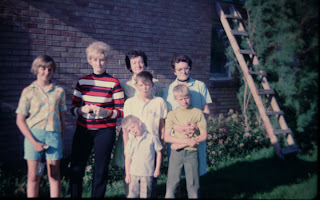 |
| Me with mother, my brothers and Grandma Ganus, my aunt and a cousin |
Blood truly is thicker than water and that has always been the case. I see evidence of families remaining close to each other as I research my various family lines. Families used to be an “all in one” deal, living close to each other and providing everything from safety to friendship. I was reminded of this as I searched for my second great grandfather in the 1860 census. John Monroe Ganus was born in Georgia in 1826 and could be found in Georgia Census records prior to 1860,and then again in 1870 and 1880. But initially I couldn’t find him in 1860. When I finally did find him, he was living in Calhoun County, Alabama, across the border from his previous home in Georgia. At first I couldn’t imagine what he was doing there and then I realized that John and Olivia were living among Olivia’s family. The census entries surrounding the Ganus family are full of Browns, Baileys and Ayers, all who tie into the Rainwaters. Living a few doors down is Olivia’s sister, Frances, and her husband Ruben Ayers. It was this sister, Frances, that Olivia visited a few days before she and John left Georgia to move to Colorado. It’s more than a little apparent that these sisters enjoyed each other’s company and consequently their children had the advantage of being able to interact with each other, which was demonstrated in the story that I shared in a previous post. So family at least played a part in John and Olivia’s move to Alabama and that realization helped to solve that mystery.
But there is one other mystery associated with that 1860 census record. Listed as living in the Ganus household is John Ganus 32, Olivia who was 27, William F. who was 6 and was my great grandfather, John T. who was 5 years old, another brother, James R. who was 2 and then lastly, Henry who was 19. Each name following John’s has ditto marks in place of their last name, suggesting that each member had the same last name as the first entry, which was “Ganus.” Each person is familiar and seems to belong until I come to Henry, and I have to say, finding a Henry listed with this family has actually kept me awake at nights. I do not have a Henry listed anywhere in my database under any surname! Who in the world is Henry? Is he really a Ganus, or are those ditto marks following his first name just evidence of a lazy census taker? I know that families stuck together and often took in other family members and so I have searched the 1850 census many times to find other Ganus families, as well as other known relatives with a “Henry,” who would have been approximately 9 years old in that earlier census, but have not been successful. If anyone is aware of a missing Henry, please let me know.
While that may sound like a silly thing to ask, it actually was a previously unknown cousin who provided the solution to another similar mystery. Early in my research, she contacted me as a result of my post on a forum and told me that she believed that she descended from James and Elizabeth’s “missing” daughter, Margaret. I, as well as several other researchers, had begun to assume that Margaret had died as a child, but thanks to the email from this distant cousin, I learned that Margaret was actually living next door to her parents with her husband and two children in 1860!! While the census taker had elected to use only initials for those he enumerated, making it a little trickier to piece together, with help of this cousin’s information, along with other records, we were able to confirm that this was “our” Margaret living next to her parents. This was my introduction to the fact that families, particularly in the South, had a tendency to live close to each other and it helped me to understand the importance of carefully analyzing neighbors for potential relationships.
 |
| 1860 U.S. Federal Census Fayetteville, Fayette, Georgia |
Knowing that families used to live in such close proximity and knowing how dearly I love my own cousins, I can’t help but feel a little envious of earlier times. In many instances, cousins were able to provide a lifetime of strength and support to each other. It’s so different from today’s world where many, if not most people, live some distance from family and where gatherings are often limited to holidays, summer vacations and the occasional reunions. I do have to say that social media has provided an outlet for staying in touch and that some of my cousins and I have enjoyed interacting and sharing pictures through Facebook, texts, email and other means never imagined by our 19th century cousins. While these means hardly take the place of living close to each other, I am grateful that we have found some way to stay in touch across the miles, because I believe that while times have changed, we truly do still need each other and that even in today’s world, blood is thicker than water.
Copyright © Michelle G. Taggart 2012

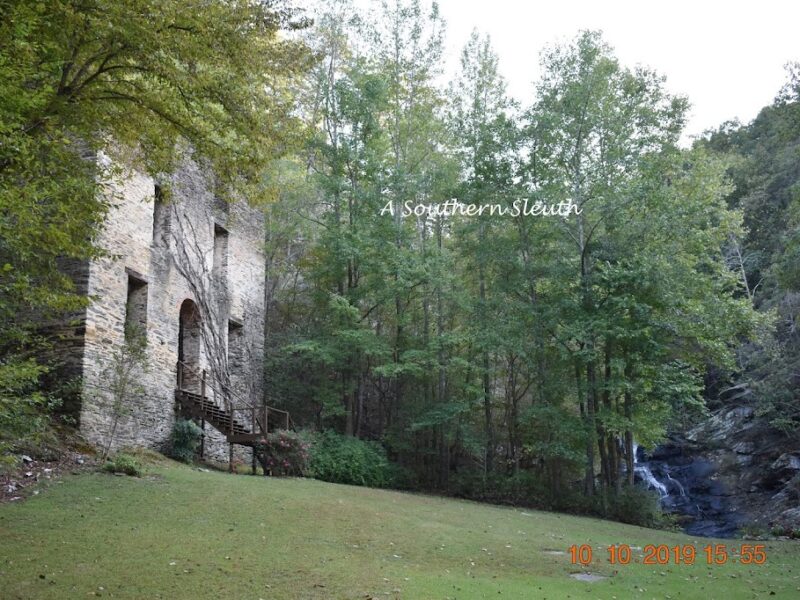
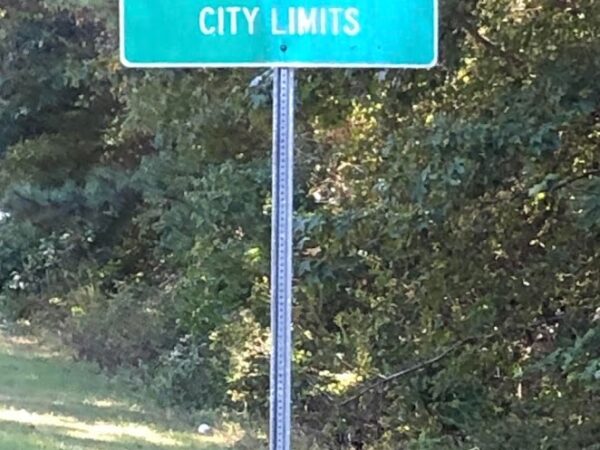
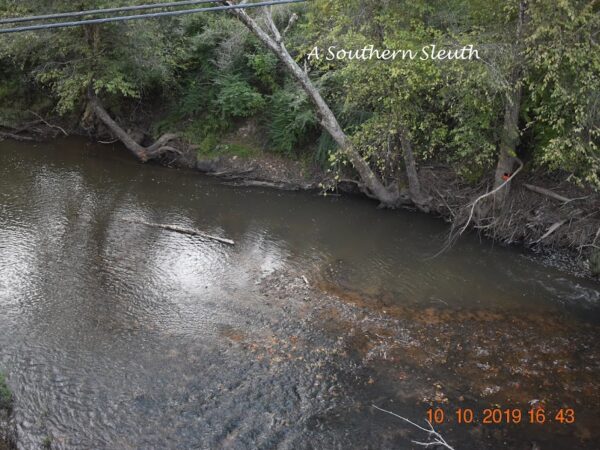
Just read this article. Your best ever. It really touched my heart.
Love, Your Cousin/BFF that lives next door to my Mom and two of my brothers. LOL
Thank you so much sweet cousin! Thanks for stopping by!